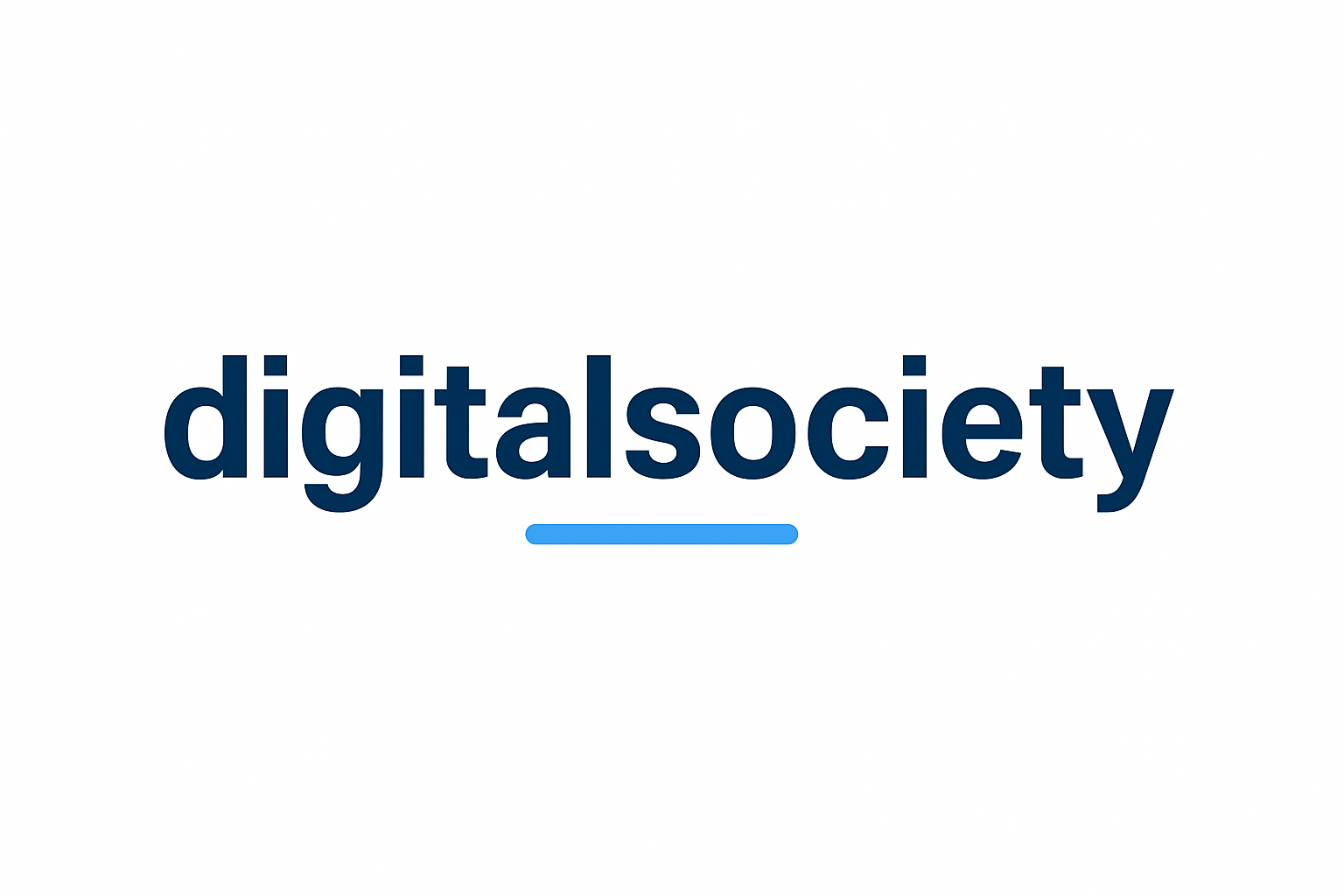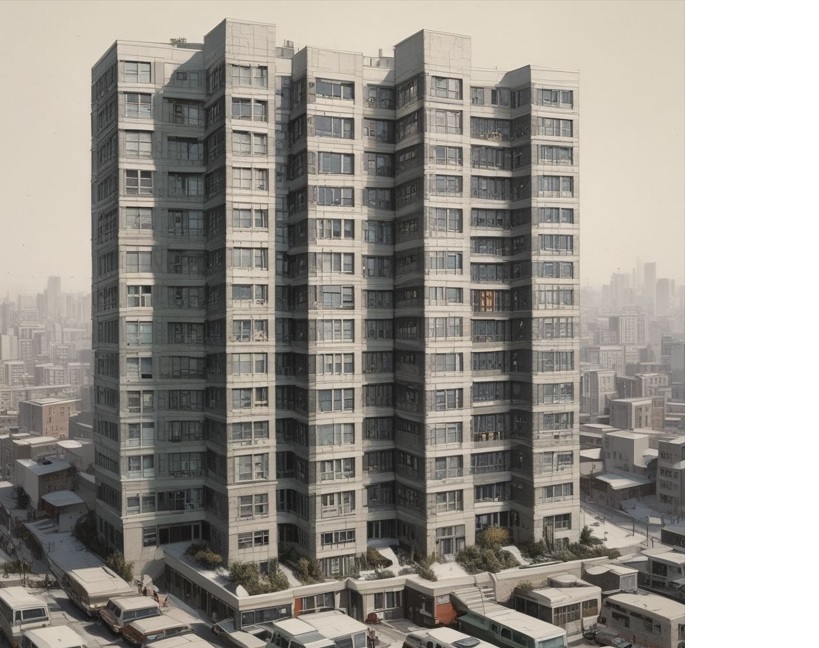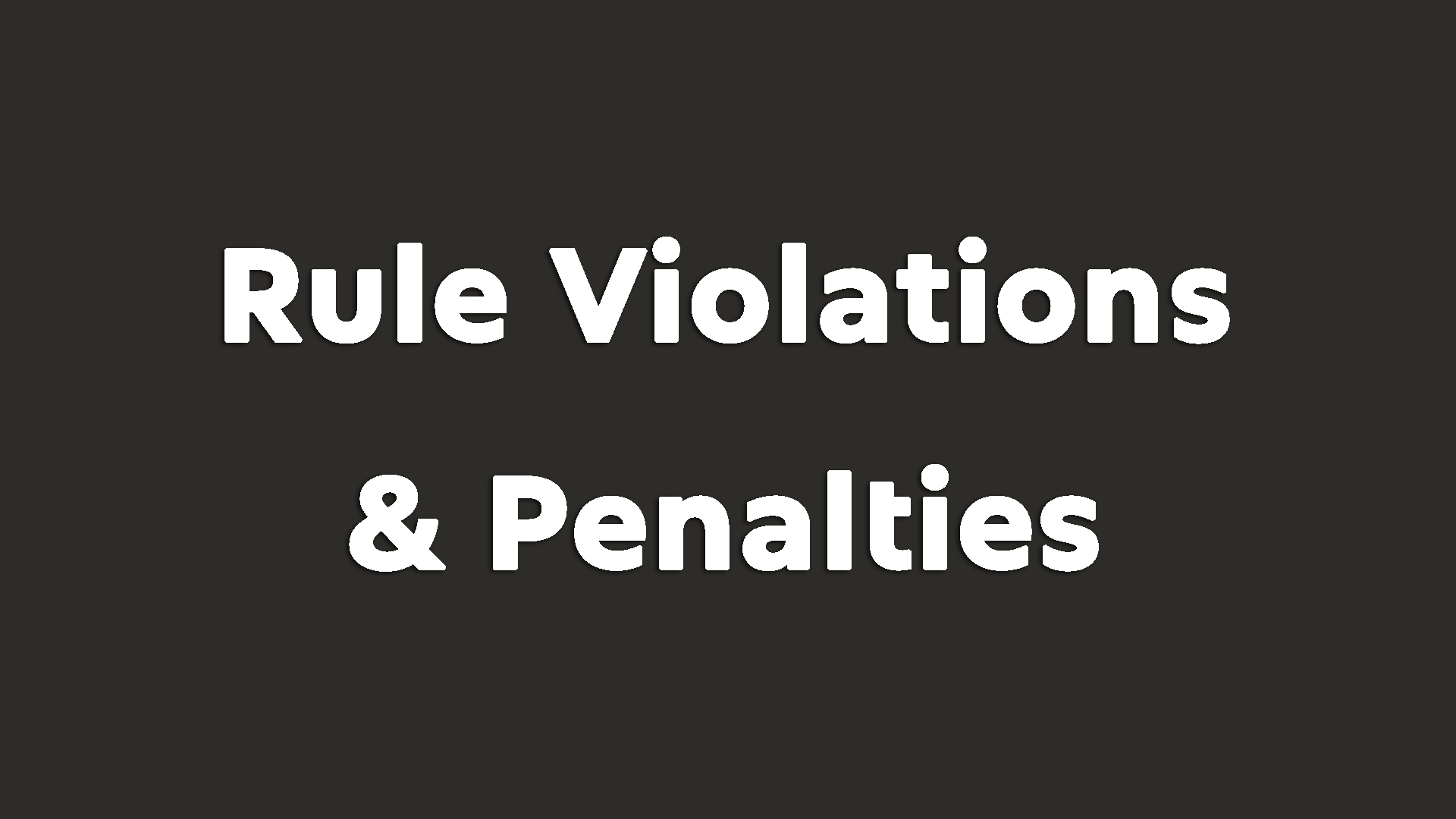Fundamentals of Apartment Management?
By Digital Society / 29th August, 2023

Apartment management involves overseeing various aspects of residential properties to ensure they are well-maintained, safe, and comfortable for residents. Whether you're a property manager, landlord, or part of a property management company, understanding the fundamentals of apartment management is crucial. Here are key aspects to consider:
-
Tenant Relations and Communication:
- Building positive relationships with tenants is essential. Effective communication helps address their concerns, answer questions, and maintain tenant satisfaction.
- Timely communication about rent payments, maintenance schedules, and property policies is important.
-
Leasing and Rent Management:
- Properly advertise available apartments, conduct tenant screenings, and execute lease agreements.
- Handle rent collection, late fees, and rent increase notifications in accordance with local regulations and lease terms.
-
Property Maintenance:
- Regularly inspect the property to identify maintenance needs.
- Coordinate repairs, maintenance, and improvements promptly to keep the property in good condition.
-
Safety and Security:
- Ensure the property meets safety standards, including fire safety, electrical systems, and building codes.
- Implement security measures such as well-lit common areas, secure entry systems, and surveillance if needed.
-
Financial Management:
- Maintain accurate financial records for expenses, rent collected, and maintenance costs.
- Develop and manage a budget that covers property expenses while generating income.
-
Legal Compliance:
- Familiarize yourself with landlord-tenant laws and regulations in your jurisdiction to avoid legal issues.
- Follow eviction procedures if necessary, ensuring compliance with local laws.
-
Emergency Response Planning:
- Have a plan in place for emergencies like fires, floods, and natural disasters.
- Inform tenants about emergency procedures and how to contact property management during emergencies.
-
Tenant Retention:
- Prioritize tenant satisfaction to encourage lease renewals and reduce turnover.
- Address tenant concerns promptly and provide amenities that enhance their living experience.
-
Amenities and Common Areas:
- Maintain common areas such as hallways, laundry rooms, and recreational spaces.
- Offer amenities that add value to the property, such as fitness centers or communal gardens.
-
Environmental Considerations:
- Implement environmentally friendly practices such as energy-efficient lighting, water-saving fixtures, and waste management.
-
Marketing and Outreach:
- Develop marketing strategies to attract new tenants, such as promoting the property's features and location.
-
Documentation and Record Keeping:
- Keep organized records of tenant information, leases, maintenance requests, and financial transactions.
-
Professional Development:
- Stay updated on industry trends, regulations, and best practices through continuous learning.
-
Vendor and Contractor Management:
- Develop relationships with reliable contractors and vendors for maintenance and repairs.
-
Adapting to Changing Needs:
- Listen to tenant feedback and adapt management practices to meet changing needs and preferences.
Remember that apartment management requires a mix of organizational skills, interpersonal communication, and knowledge of legal and financial aspects. Tailor your approach to the specific needs of your property and the expectations of your tenants to create a positive and well-managed living environment.
You May Also Like

Digital Societys
Do we Really need a Society Manager ?
In our evolving digital age, the role of a society manager has come under scrutiny. With advanced technology simplifying many tasks, some question ...

Digital Societys
5 Key Benefits of Using a Visitor Management System for Gated Communities
In gated communities, ensuring security while maintaining convenience for residents and guests is a top priority. A Visitor Management System (...

Digital Societys
How to Manage E-commerce & Parcel Deliveries in a High-Rise Residential Housing Society
In today's digital age, e-commerce has become a part of everyday life, making parcel delivery an essential service for housing societies. Manag...

Digital Societys
Rule Violations by Shop-owners in Residential Societies & Ways to Tackle It
In many residential societies, shop-owners contribute to the community by providing essential services. However, rule violations by some shop-owner...

